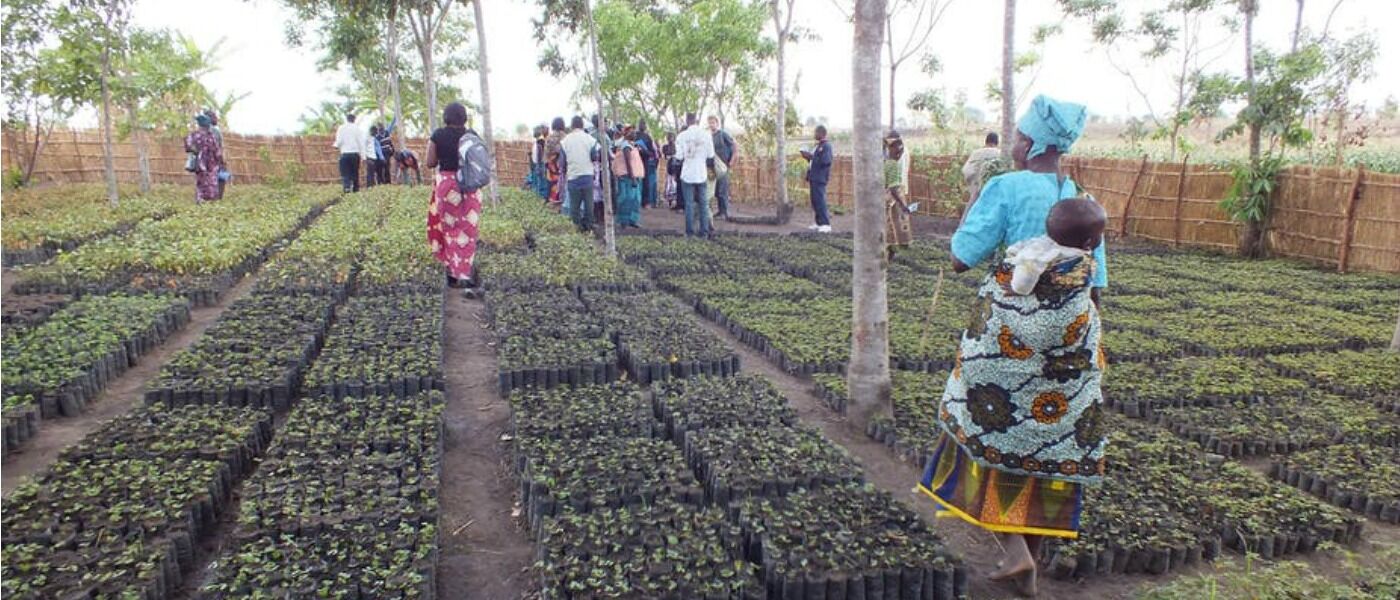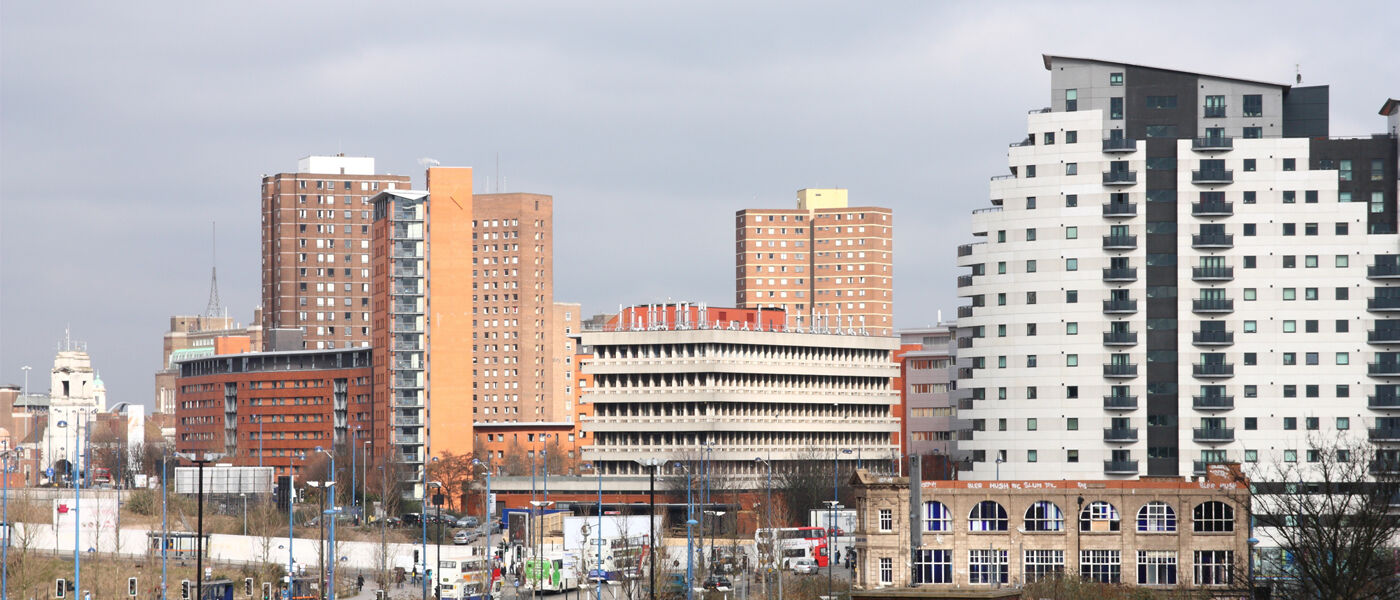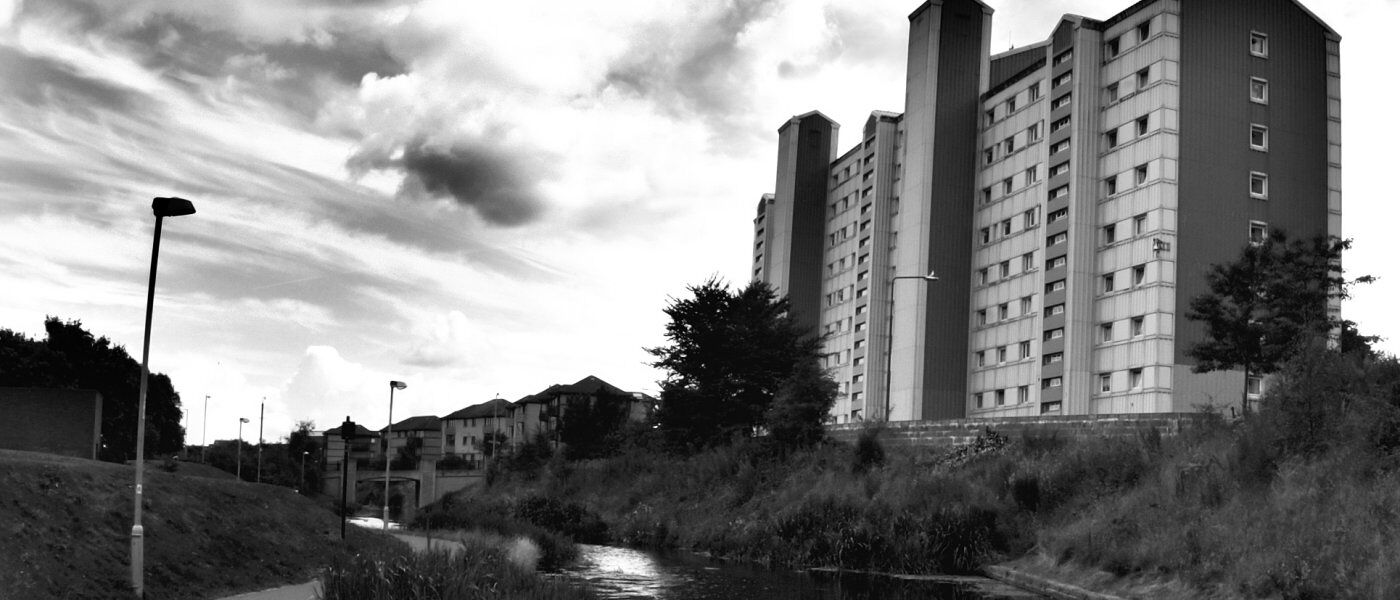
Health professionals in Scotland will become leading experts in multimorbidity
Fri, 22 Oct 2021 11:17:00 BST
At Glasgow we work together to understand, and address, the processes that generate inequalities and their profound effects on individuals, communities and populations across the world.
Inequality, deprivation and marginalisation have many causes. In Glasgow, we recognise that a one-size-fits-all answer does not exist, and we work to find appropriate, sustainable solutions.
Our impact
We work with communities, governments and international organisations to evaluate and develop policies and action that seek to create fairer societies.
For example, our award-winning research and learning programme, GoWell has informed policies and strategies which have directly led to improvements in social regeneration and health outcomes in deprived neighbourhoods and communities.
We have created new forums for dialogue and influence on refugee, asylum and migration policy. Working with policymakers, practitioners and other stakeholders, Glasgow researchers have enhanced service delivery for marginalised groups by informing policy debates.
Our researchers work with local and national governments to develop and assess policies to reduce health inequalities. Researchers from Glasgow have shown that having access to green space may significantly reduce the gap in mental wellbeing and mortality between richer and poorer people. This work is now influencing urban planning and development, with the long-term aim of changing people’s environments and reducing health inequalities.
Our goal is to support real world change so that everyone can fulfil their potential irrespective of who they are or where they come from.
Supporting the United Nations Sustainable Development Goals:

Find out more: Sustainable Development Goals










